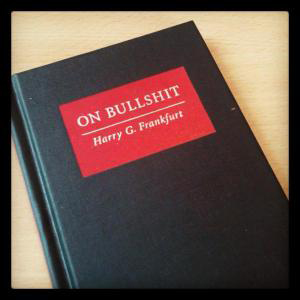From your St. Martin’s Handbook:
Responding to late-stage drafts
Writers of late-stage drafts need help with first and last impressions, sentence construction, word choice, tone, and format. Their next step is proofreading (4l), and your job as a peer reviewer is to call attention to the sorts of problems writers need to solve before submitting their final work. Your comments and markings should identify the overall strengths of the draft as well as one or two weaknesses that the writer can reasonably improve in a short amount of time.
Responding to intermediate-stage drafts
Writers of intermediate-stage drafts need to know where their claims lack sufficient evidence, what ideas confuse readers, and how their approach misses its target audience. They also need to know which parts of their drafts are clear and well written.
Approach commenting on and marking up an intermediate draft with these types of questions in mind:
Topic sentences and transitions. Topic sentences introduce the idea of a paragraph, and transitions move the writing smoothly from one paragraph or section or idea to the next (5b, d, and e). How well does the draft prepare readers for the next set of ideas by explaining how they relate to the overall claim? Look for ideas or details that don’t seem to fit into the overall structure. Is the idea or detail out of place because it is not well integrated into this paragraph? If so, recommend a revision or a new transition. Is it out of place because it doesn’t support the overall claim? If so, recommend deletion.
Supporting details. Well-developed paragraphs and arguments depend on supporting details (5c). Does the writer include an appropriate number and variety of details? Could the paragraph be improved by adding another example, a definition, a comparison or contrast, a cause-effect relationship, an analogy, a solution to a problem, or a personal narrative?
(more…)


 Where did you stretch yourself
Where did you stretch yourself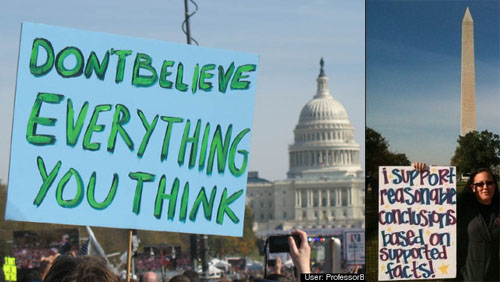



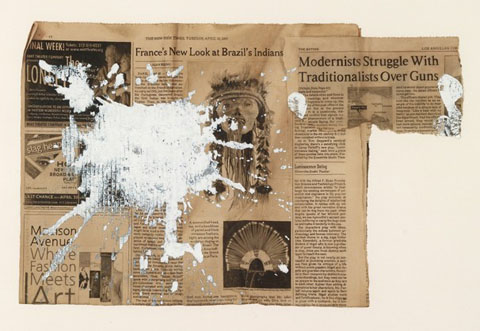
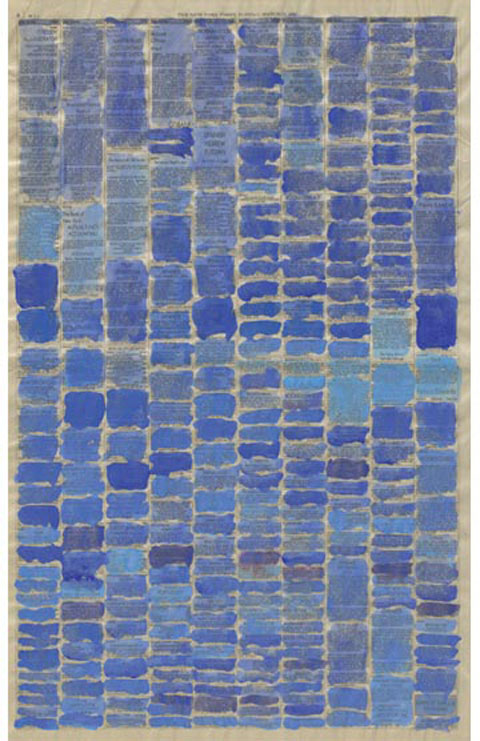












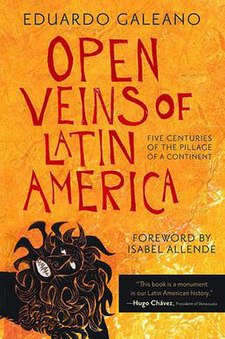








 Integrating sources,
Integrating sources, 

